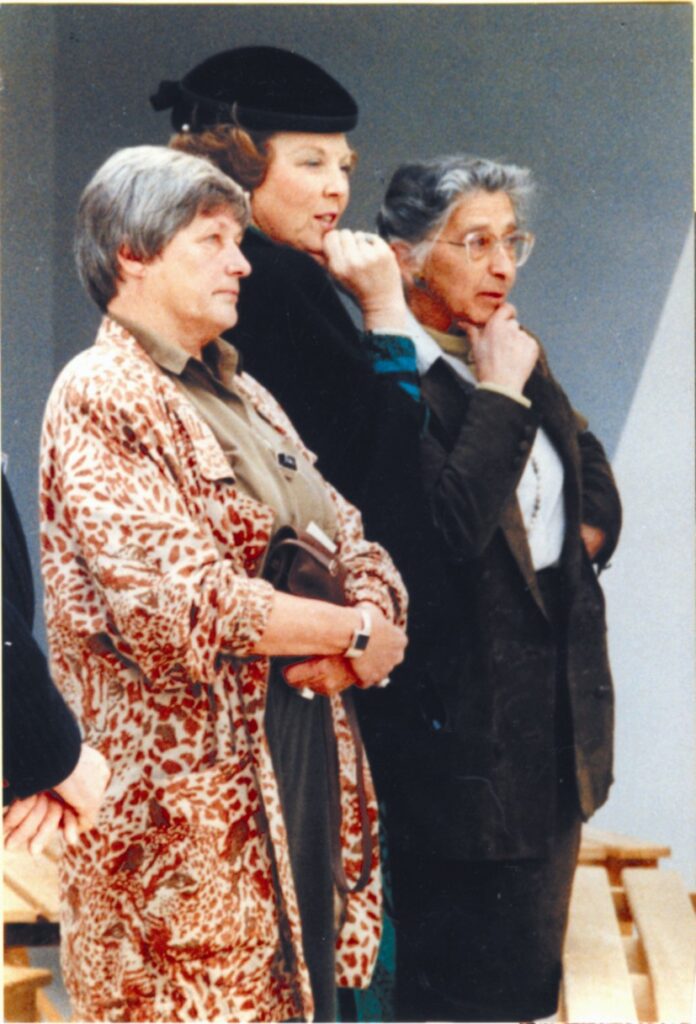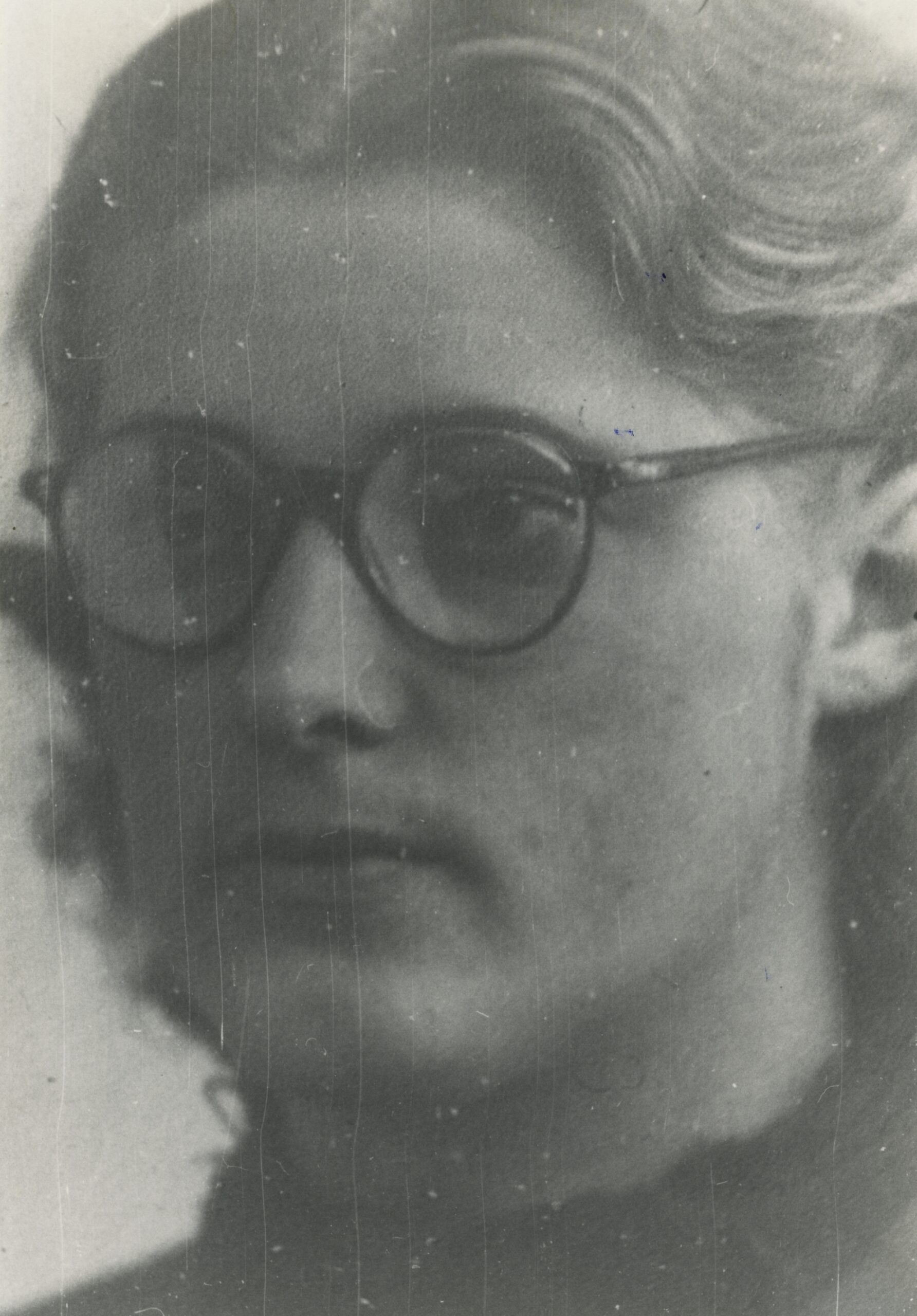Resistance member Tineke Guilonard lived through one of the darkest pages in the history of Camp Vught. After the war, she contributed greatly to the commemoration of the Second World War.
Tineke Guilonard was only a teenager when her father Pieter, deputy director of KLM Royal Dutch Airlines, died in a plane crash in 1939. Four months earlier, he had refused to continue doing business with Germany after the Kristallnacht, a decision that made a great impression on his daughter.
Following in the footsteps of her father, Tineke came into resistance against the Nazis when her Jewish fellow students had to leave the Amsterdams Lyceum in 1941. She and her classmates arranged hiding places, ration cards and fake identity cards. Not much later she joined the armed resistance under her pseudonym Thea Beerens.
After she was betrayed in September 1943, Tineke ended up in Camp Vught on 2 January 1944. Less than two weeks after her arrival, she lived through the so-called ‘bunker tragedy’, one of the darkest pages in the history of Camp Vught. Tineke was one of the 90 women who declared their solidarity with a fellow prisoner. As a consequence, 74 women, including Tineke, were locked up in cell 115, and seventeen women in cell 117. In Tineke’s cell, no less than ten women died. She later said: “Everything that came after, however terrible, that night was always worse.”
For Tineke, it was the beginning of a fifteen-month imprisonment in Vught and various camps in Nazi Germany. Close friendships with fellow prisoners kept her going. “They are friendships for a lifetime,” she wrote in a secret note from Vught.
Tineke survived the camps, and in 1947 she married her school friend and fellow resistance fighter Frank Wibaut. She became a fervent champion of emancipation and made an important contribution to the commemoration of the Second World War. She devoted herself intensively to providing support to children of war victims to whom she emphatically — and as one of the first who did so — also included the children of perpetrators. Furthermore, together with some fellow former prisoners, she was involved in the establishment of Camp Vught National Memorial. Among other decorations, she received a Yad Vashem award for her resistance work.

© Camp Vught National Memorial
